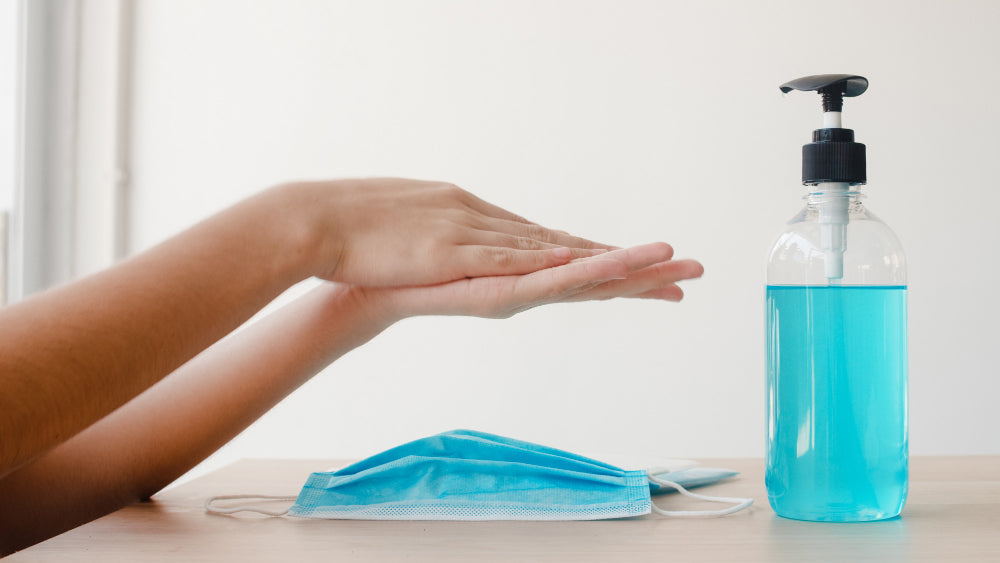
The Importance of Hand Sanitizers
Share
The first step in preventing the transmission of coronavirus is maintaining good hand hygiene. The easiest and most efficient strategy to prevent the transmission of germs and diseases to those around you is to follow a hand hygiene regimen that involves using alcohol-based sanitizers or soap and water.
Methods of Proper Hand Hygiene
Use a hand sanitizer with a concentration of more than 60% ethanol or 70% isopropanol. If you don’t have access to a sink or water, and your hands aren’t obviously unclean, liquid or gel hand sanitizers will suffice.
When hands are clearly unclean, before and after eating, and after using the bathroom, wash them for at least 20 seconds with soap and water.
When you’re on the road or at work, handwashing is inconvenient and impossible. Hand sanitizers are crucial in this situation. The World Health Organization (WHO) has proposed a set of guidelines for creating hand sanitizers on a local level so that they can be freely accessible to everybody at a reasonable cost. “Alcohol-based hand rubs are the only known way of swiftly and efficiently neutralizing a wide array of potentially hazardous germs on hands,” according to the World Health Organization.
Why is it so important to use hand sanitizer at work?
Large levels of bacteria were discovered throughout workplaces in the above-mentioned 2016 study, which was an issue of the Journal of Occupational and Environmental Medicine. The bacteria may be found in places including office phones, water faucets, keyboards, and elevator buttons.
Researchers looked over 4,800 surfaces and found handles on break room sink faucets, microwave doors, and refrigerator doors to have unusually high “officially unclean” scores.
Benefits of Using Hand Sanitizer
Hand sanitizers with alcohol assist to prevent the transmission of germs and bacteria that cause sickness, especially in high-traffic areas such as schools and offices:
Stop Germs From Spreading
Studies show that one out of every five persons does not wash their hands on a regular basis. Seventy percent of those do it without soap. People are more likely to use hand sanitizer if it is available in crucial places (such as bathrooms, offices, and kitchens).
Promote Good Hygiene
A productive building is one that is clean. According to research published in the American Journal of Infection Control (AJIC), encouraging students to use hand sanitizers at school reduced absenteeism by nearly 20%!
Reduce Waste
Many individuals may use paper towels to open doors while leaving restrooms or kitchens as an extra precaution.
